Summaries of books about International Relations:
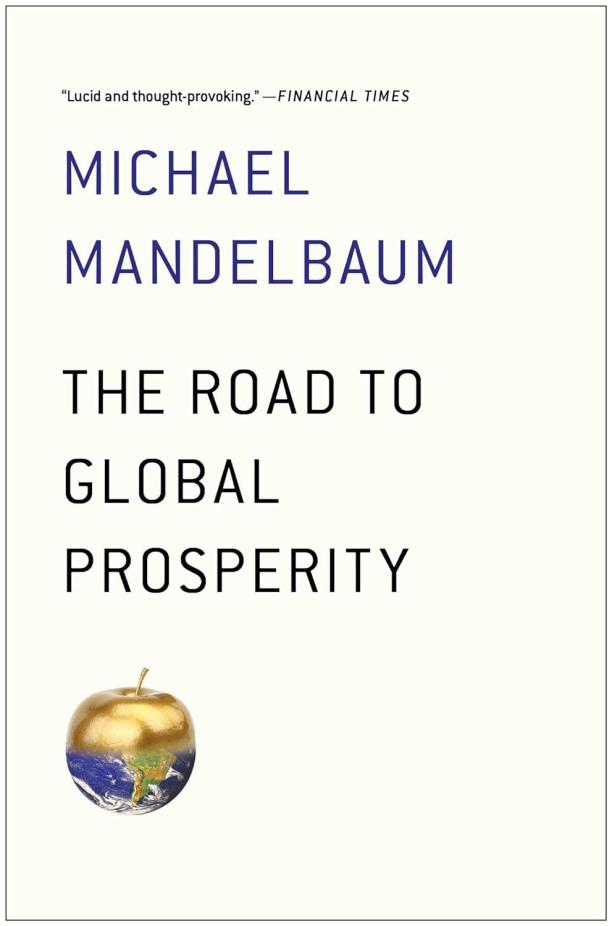
The Road to Global Prosperity
Michael Mandelbaum
The book analyzes the forces driving economic globalization, including technology, politics, and economics, and assesses the challenges and opportunities it presents for nations worldwide. It explores the potential for continued economic integration and the role of international institutions in fostering global prosperity amidst geopolitical tensions and financial crises.
See full summary

Yemen Endures
Civil War, Saudi Adventurism and the Future of Arabia
Ginny Hill
The book provides an in-depth analysis of Yemen's complex civil war, exploring the local, regional, and international dynamics that have shaped the conflict. It examines the role of Saudi Arabia's military intervention, the impact on Yemeni society, and the broader implications for the Arabian Peninsula's future stability.
See full summary

The New Brazil
Riordan Roett
The book provides an analysis of Brazil's economic, political, and social transformation from a country burdened by inflation and debt into a significant player on the global stage. It examines the policies and reforms that have led to its newfound stability and challenges that the country faces in sustaining its growth and development.
See full summary

Great Powers, Grand Strategies
The New Game in the South China Sea
Anders Corr
The book offers a comprehensive analysis of the strategic dynamics at play in the South China Sea, focusing on the geopolitical maneuvers of major powers like China, the United States, and their allies. It delves into the military, economic, and diplomatic strategies employed by these nations as they vie for influence and control over this critical maritime region.
See full summary
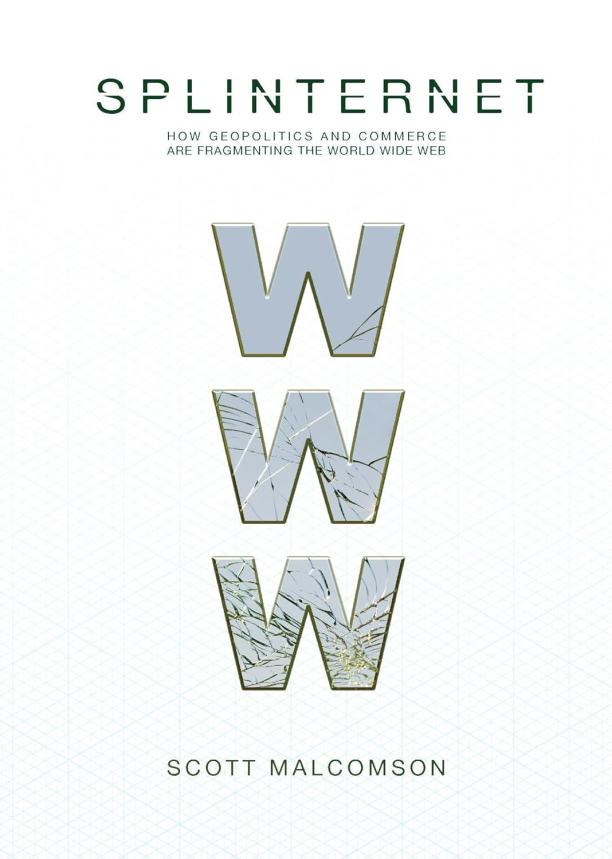
Splinternet
How Geopolitics and Commerce Are Fragmenting the World Wide Web
Scott Malcomson
The book explores the increasing division of the internet into separate national and commercial domains, driven by government policies and business interests. It discusses the implications of this fragmentation for global connectivity, privacy, and the free flow of information.
See full summary
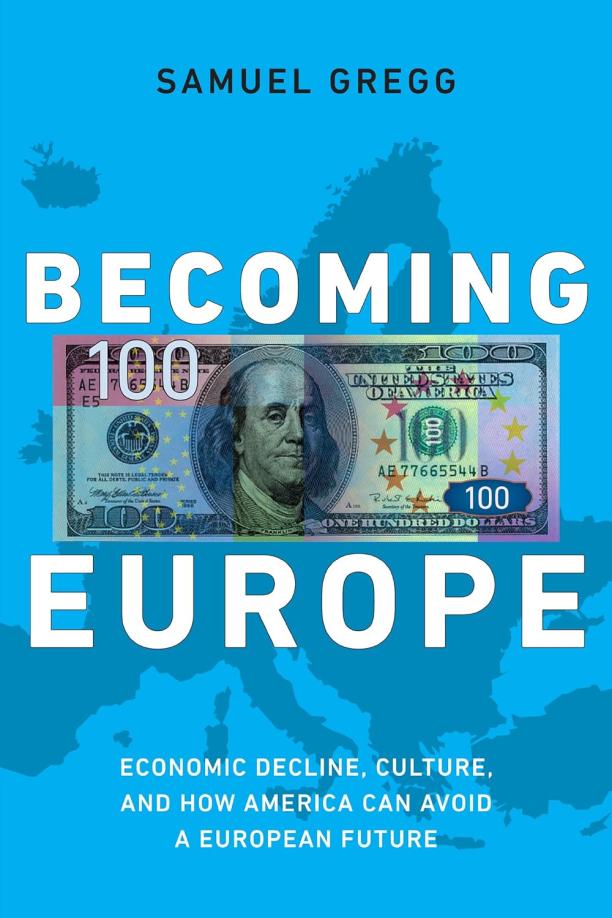
Becoming Europe
Economic Decline, Culture, and How America Can Avoid a European Future
Samuel Gregg
The book examines the economic and social policies of Europe, highlighting the challenges of over-regulation, welfare dependency, and declining innovation. It warns against the United States adopting similar policies, advocating for free-market principles to foster economic growth and maintain American prosperity.
See full summary
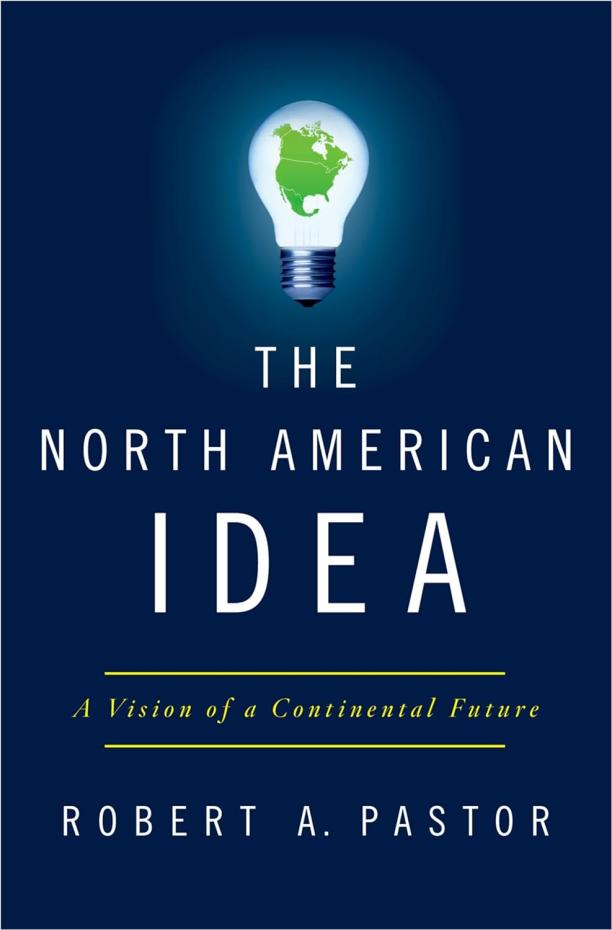
The North American Idea
A Vision of a Continental Future
Robert A. Pastor
The book advocates for deeper integration among the United States, Canada, and Mexico, proposing a shared vision for economic, security, and governance policies to strengthen the North American region. It examines the potential benefits of collaboration, including enhanced global competitiveness and improved relations, while addressing the challenges and obstacles to achieving such a continental future.
See full summary
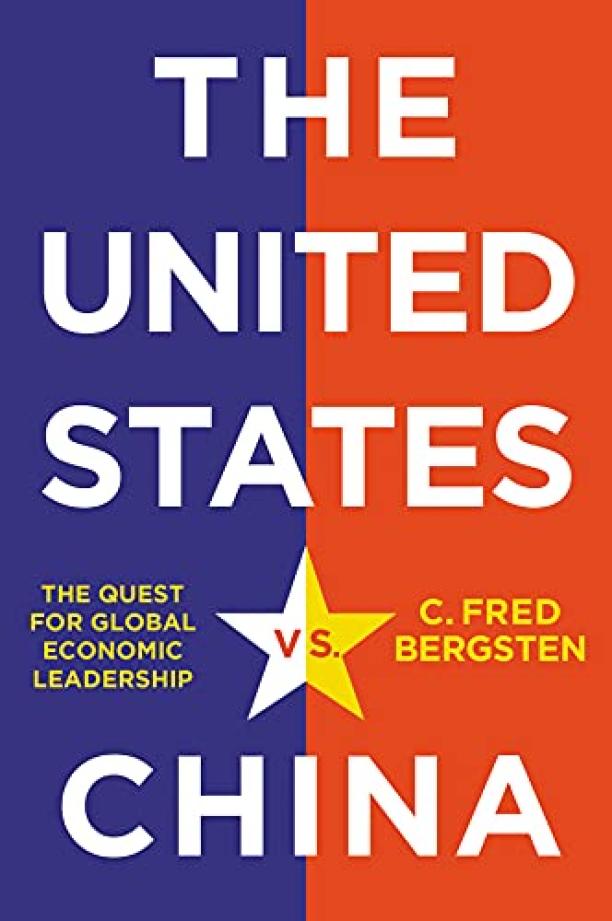
The United States vs. China
The Quest for Global Economic Leadership
C. Fred Bergsten
The book examines the economic rivalry between the United States and China, analyzing their competition for global economic dominance through trade policies, currency manipulation, and technological advancements. It discusses the implications of this struggle for global economic leadership on international institutions, other economies, and the rules-based economic order.
See full summary

A New World Order
Anne-Marie Slaughter
The book examines the shift from a world dominated by nation-states to one in which non-state actors play a significant role in global governance, advocating for a networked approach to international relations. It explores how governments, international organizations, and civil society can collaborate across borders to address global challenges more effectively.
See full summary
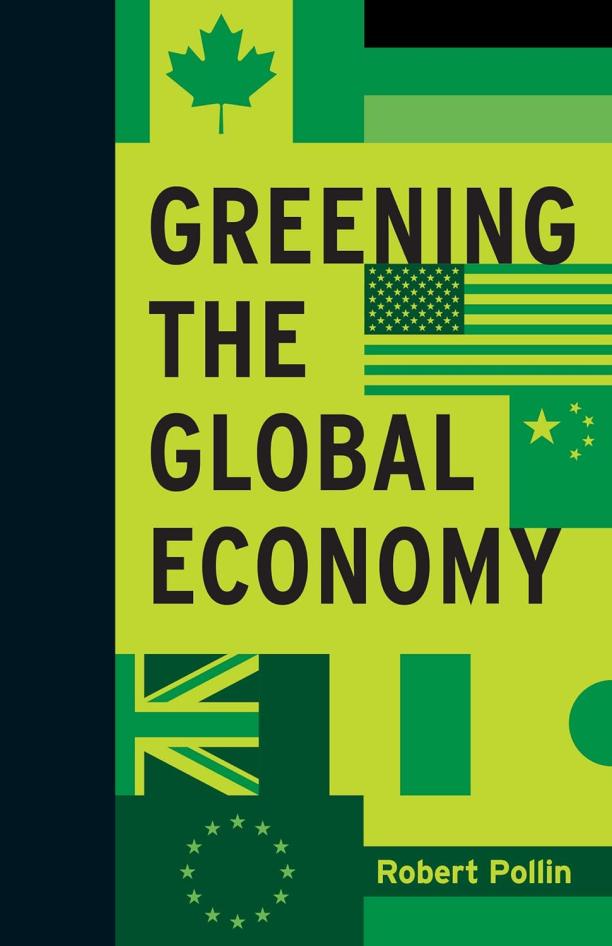
Greening the Global Economy
Robert Pollin
The book presents an economically viable strategy to combat climate change by investing in energy efficiency and renewable energy sources, aiming to significantly reduce global carbon emissions while also promoting job growth. It outlines a detailed plan for financing the green transition and argues for a collaborative international approach to ensure sustainable development and global economic stability.
See full summary